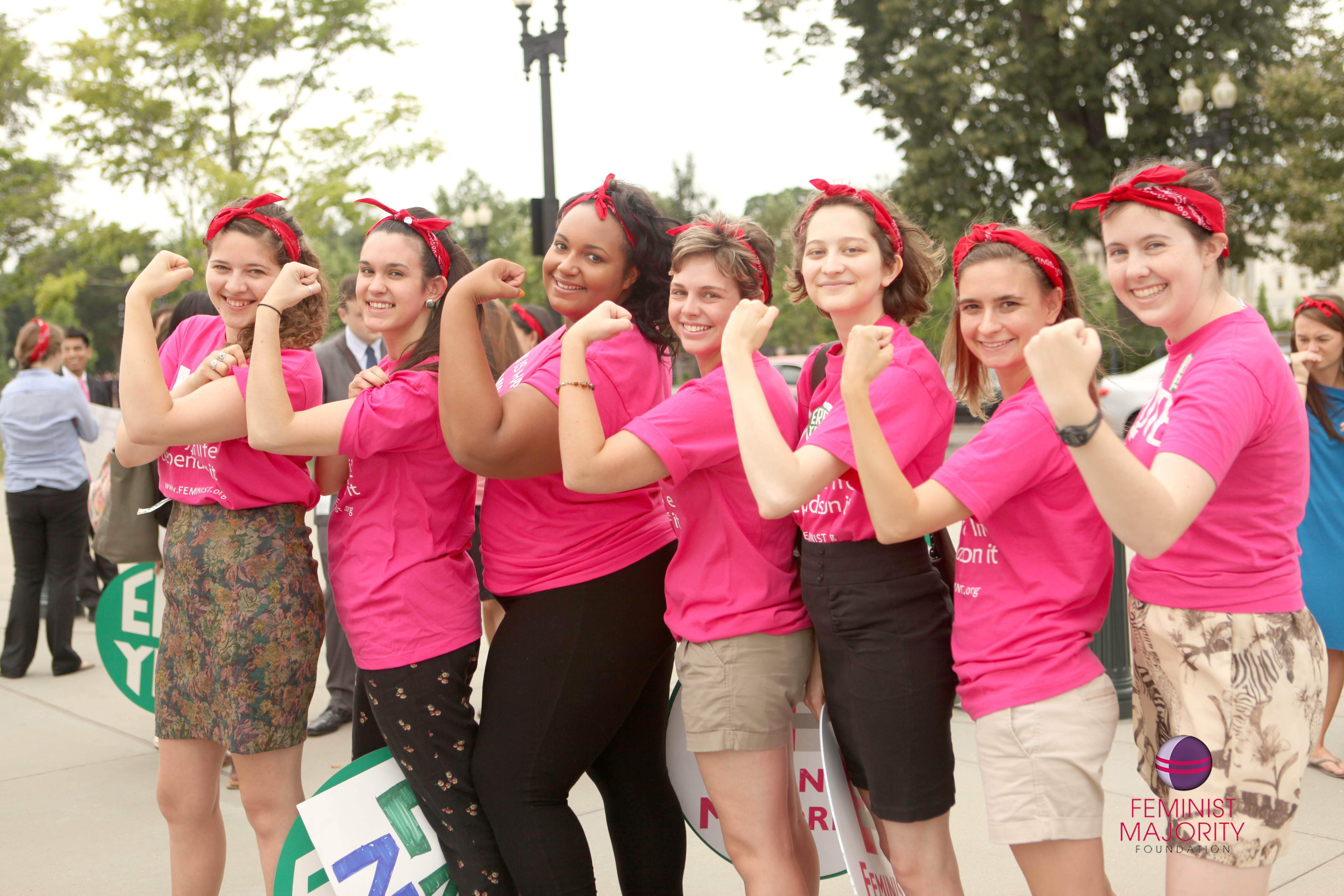Lest the occasion caught you unprepared, this Women’s Equality Day marks the 94th anniversary of the passage of the 19th Amendment. The 19th Amendment was a hard-fought win for suffragists, who’d been formally advocating for the right of women to vote for decades when the Amendment finally became law. Forty-one years after the Susan B. Anthony Amendment was first introduced in Congress, the 19th Amendment passed with a 56-25 vote in the 1919 US Senate. Just about a year later, the 19th Amendment achieved the number of states needed for ratification, and the rest, as they say, is history.

While the 19th Amendment recognized the right to vote should not come with a gender-based premium, it didn’t end the movement for full gender equality nor did it show regard for the intersection of race and gender. In fact, the effort to celebrate the passage of the 19th Amendment was born out of the realization that equality was still as elusive as it had ever been. On August 26, 1970, just moments past the height of the Civil Rights Movement, and exactly 50 years to the date of the 19th Amendment’s passage, a “sea of people” went on strike for women’s equality.
The strike, which would come to be known as “Equality Day”, took aim at the lack of comprehensive reproductive justice laws; the need for child-care centers; and equal employment and education opportunities for women. The year after the strike, Rep. Bella Abzug (D-NY) successfully led the movement to forever immortalize August 26 as Women’s Equality Day, capturing both the spirit of the early suffrage movement and the contemporary movement to level the playing field for all, regardless of sex.
So interesting how history repeats itself, no? Now here stands our generation, mostly “millennial,” yet nearly a half-century removed from the first Women’s Equality Day. We’re just about a full century beyond the height of the women’s suffrage movement, yet our battle cry sounds eerily similar to those founding feminists.
In our lifetime, a sitting US Supreme Court Justice ever-so eloquently articulately his thinking on where women stand in the Constitution. By his estimation, nowhere. In a 2011 interview for the California Lawyer,Justice Antonin Scalia had this to say about gender and the Constitution:
“Certainly the Constitution does not require discrimination on the basis of sex. The only issue is whether it prohibits it. It doesn’t.”
In our lifetime, this Supreme Court bench granted greater religious liberty to a money-making business than it gave reproductive freedom to an actual person.
In our lifetime, TRAP (Targeted Regulation of Abortion Providers) laws have increasingly limited our access to comprehensive reproductive health care.
In our lifetime, recognizing gender parity in the US workplace, could still take more than 450 years to realize.
In our lifetime, equal pay is still beyond our grip, even at a time when there are more female-led households than there have ever been.
In our lifetime, voting rights are actively being eroded.
In our lifetime, female representation in Congress is still woefully low.
These things aren’t happening only to our grandmothers or great-grandmothers. They’re happening to us, but there’s so much we can do to stop this time warp we’ve been living in.
If it all feels a little overwhelming, let’s start with ground zero: the Equal Rights Amendment (ERA). Full ratification of the ERA would lay the foundation for ending sex-based discrimination in just about every area of life, and in 2014, there has been awesome momentum to get the ERA ratified. Join the groundswell Saturday, September 13, 2014 in Washington, DC. The Constitution Day Rally will bring ERA supporters from across the country together on the West Lawn of the Capitol Building.
The next step is using your 19th Amendment powers in this November’s election. Our generation’s issues are on state ballots across the country, and what better way to flex your power to effect change than participating in the electoral process. Oregon voters have the opportunity to pass a state ERA in this election. Voters in multiple states are being asked to make major decisions about abortion that could have an earth-shattering impact on the state of comprehensive reproductive healthcare access.
These are just two of the ways you can stay involved and engaged beyond Women’s Equality Day. Enjoy the rest of your #WED2014!


1 comment